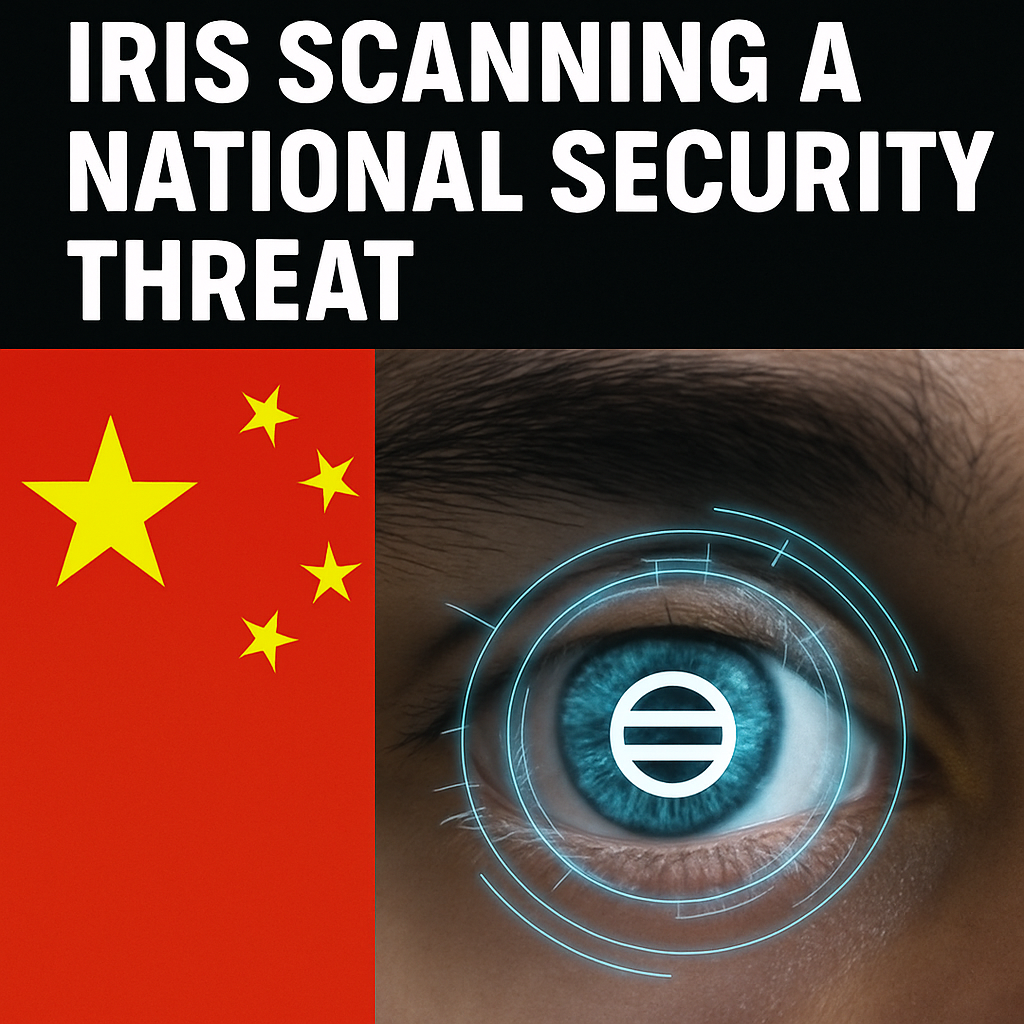China’s Ministry of State Security published an advisory cautioning against the collection of biometric data through iris-scanning programs that offer cryptocurrency incentives to participants.
The advisory did not name specific projects but described scenarios consistent with initiatives that exchange crypto tokens for iris scans, prompting national security and privacy concerns.
Authorities warned that collected biometric data could be transferred abroad, exposing individuals to tracking, profiling, and potential surveillance by foreign entities.
The description closely aligns with the methodology of Worldcoin, a crypto identity project, which has faced scrutiny in several jurisdictions over informed consent and data handling practices.
China’s advisory comes amid regulatory pushback in Germany, France, and Kenya, where data protection agencies have raised similar concerns about the security and ethical implications of mass biometric collection.
The MSS highlighted the risk that stolen facial or iris data might be exploited to create deepfake identities, enabling sophisticated espionage or fraud operations targeting secure facilities.
The notice urged companies to cease biometric-for-crypto schemes until robust legal frameworks address data storage, cross-border transfers, and user consent mechanisms.
Chinese regulators emphasized the need for transparency in data collection, strict local storage requirements, and clear user agreements to mitigate national security vulnerabilities.
Industry experts noted that while digital identity solutions can enhance financial inclusion, they must balance innovation with stringent privacy safeguards to gain regulatory approval.
Worldcoin’s WLD token price fell by 4% following the advisory, reflecting market sensitivity to regulatory risks associated with biometric data projects.
Observers anticipate that other countries exploring similar digital identity schemes may revisit their regulatory frameworks to incorporate lessons from China’s security assessment.
The advisory also signaled China’s broader scrutiny of foreign technology firms operating within its borders, reinforcing a cautious stance toward data sovereignty and cyber defense.
Companies developing biometric authentication services are now under pressure to demonstrate compliance with evolving global standards on data protection and national security.
As biometric technologies proliferate, governments worldwide face the challenge of crafting regulations that support technological advancement while safeguarding citizen rights and state security.
Stakeholders in privacy and crypto sectors will closely watch follow-up actions, including potential enforcement measures and coordination among international regulators.
China’s warning underscores the complex interplay between emerging identity solutions, digital finance, and geopolitics in an era of rapid technological change.
The outcome of this advisory may influence policy debates on the acceptable scope of biometric data usage in fintech and high-security applications globally.
For now, firms offering crypto incentives for biometric enrollment must navigate heightened regulatory scrutiny or risk suspension of their programs in key markets.

Comments (0)